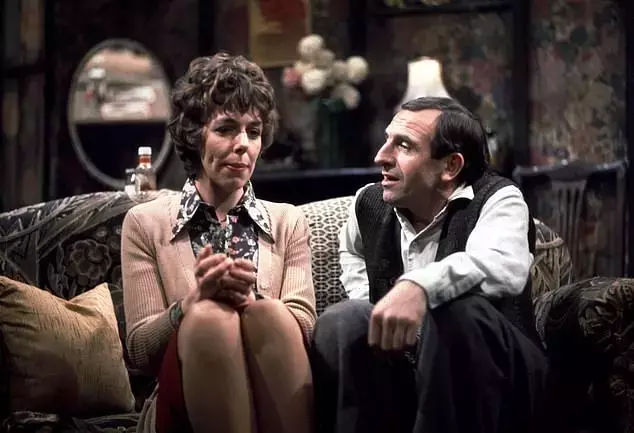
Homeowners seeking to generate additional income through renting out a spare room are increasingly encountering a financial impediment. The current tax-exempt limit under the Rent a Room Scheme, set at £7,500 annually, has not been adjusted in nearly a decade. This stagnation persists despite a significant increase in both living expenses and rental costs over the same period. The consequence is a reduced incentive for individuals to offer spare rooms, inadvertently limiting the expansion of available housing and creating an unexpected financial burden for those who do, as the tax-free earnings are quickly surpassed by market rates, leading to further tax complexities and associated professional fees.
A critical issue impacting the housing market is the unchanged tax-free allowance for individuals renting out spare rooms. Matt Hutchinson, director of SpareRoom, a prominent house-sharing platform, highlights that if this allowance had kept pace with the Retail Price Index (RPI) inflation, which accounts for homeownership costs, it would now stand at approximately £11,500. Such an adjustment would encompass 94% of UK postcode areas and likely encourage more homeowners to participate, thereby substantially boosting the nation's housing stock. Hutchinson estimates that renting out just one in twenty available spare rooms across Britain could effectively create new living spaces equivalent to a major city like Birmingham.
The current ceiling of £7,500 often leaves homeowners, who might rely on this income source to manage rising mortgage rates and general living costs, in a difficult position. One such individual, Alex Hobbs, a 29-year-old construction manager, initially rented out a room in his London flat to alleviate mortgage payments post-pandemic. While the £625 monthly tax-free portion was beneficial, his rent of £750 per month meant he quickly exceeded the allowance, necessitating a tax return and incurring accountant fees. This administrative and financial burden ultimately deterred him, leading him to move to a smaller property outside London. Hobbs noted the disparity, as other tax allowances have seen adjustments, unlike the lodger allowance.
The Rent a Room scheme, designed to simplify the tax process for those letting a furnished room in their primary residence, can even be utilized by tenants with landlord permission. Hutchinson previously advocated for the allowance's increase from £4,250 in 2016, which at the time covered average room rents outside London. However, data from SpareRoom reveals a 21% rise in average room rents across the UK and a 34% increase in London over the last nine years. This widening gap means many homeowners quickly exceed the current threshold, potentially being pushed into higher tax brackets, reducing the overall incentive to rent out a room, as noted by Laura Suter of AJ Bell. Despite parliamentary discussions, including a recent inquiry in February, the government maintains the current threshold is appropriate, indicating no immediate changes are planned.
The stagnation of the tax-free allowance for renting out spare rooms poses a considerable challenge for homeowners. This policy not only diminishes the financial advantages for those seeking to earn extra income but also restricts the potential for expanding housing availability within existing properties. A recalibration of this allowance, aligning it with current economic realities, could provide a dual benefit: offering much-needed financial relief to homeowners and creating a more flexible and robust housing supply.
